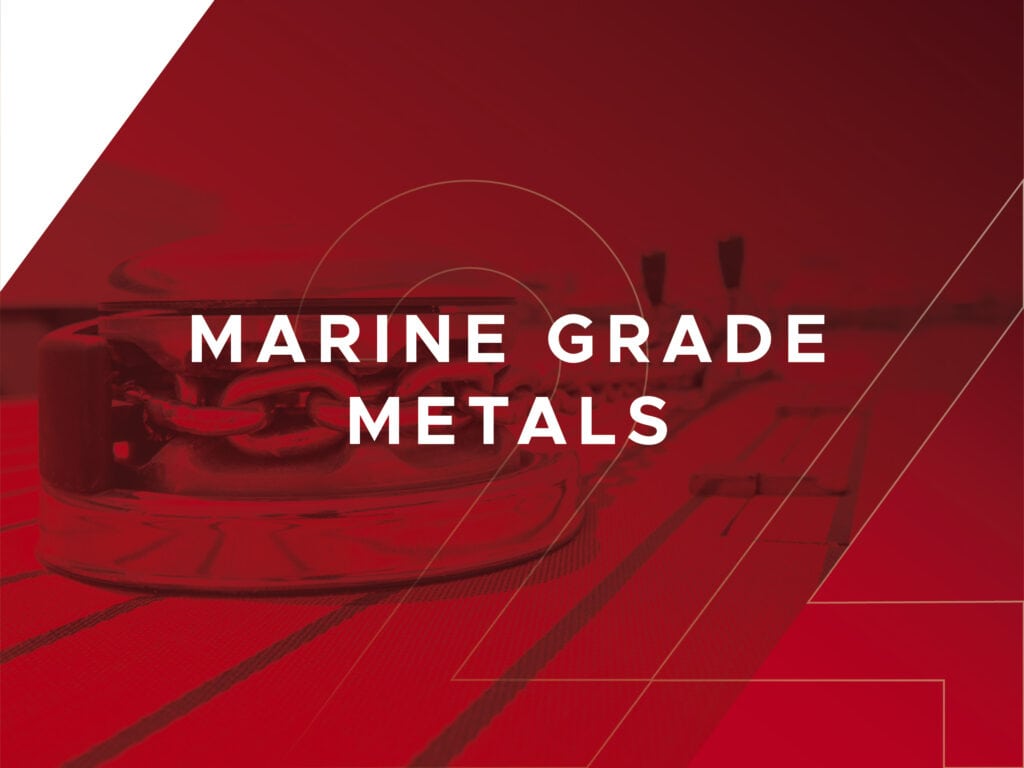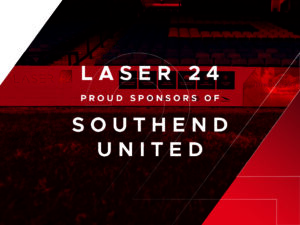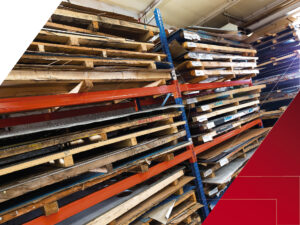Meet the marine grade metals made to withstand the elements
Water, saltwater and harsh weather conditions are the main causes of the corrosion of materials used for marine purposes such as shipbuilding and offshore drilling platforms. To ensure strength and durability, marine grade metals are specially treated to withstand use in water or wet environments.
Here we examine the main types of marine grade metals, what makes them ideal for marine environments, and why high-speed laser cutting is the perfect solution for marine projects.
Marine Grade Aluminium
Standard aluminium is already resistance to some corrosion ,however when alloyed with other metals like magnesium, aluminium develops an even higher level of corrosion resistance that can tolerate constant contact with water and saltwater. These specially treated aluminium alloys are known as marine-grade aluminium.
Marine-grade aluminium is ideal for building sea vessels and offshore structure, as well as the machinery and components used within them. Where traditionally the shipbuilding industry may have used steel, aluminium alloys weigh less and can be shaped easier.
Marine grade wrought aluminium alloys are made up of AL-MG and AL-Mg-Si. Cast aluminium alloys are usually comprised of AI-Si or AI-Mg alloys.
Marine Grade Stainless Steel
Stainless steel is a go-to metal for marine applications due to its excellent corrosion resistance, high impact strength and resilience to temperature changes. Stainless steel is easy to clean and looks great, making it the ideal material for deck fittings, propellers, offshore rigs, and marine hydraulic systems.
Stainless steel only becomes marine grade when combined with chromium. In stainless steel grades 304 and 316, about 18% of chromium is added to generate a protective film on the metal. This film is just a few molecules thick but adheres so efficiently to the surface that it’s creates an effective barrier against further oxidisation and corrosion.
Marine Grade Galvanised Steel
Galvanised steel is made by adding a protective layer of zinc over the steel, making it ideal for marine environments. This layer prevents the iron component of steel reacting with saltwater.
Compared with stainless steel galvanised steel is cheaper, but it’s protective zinc layer will fade over time, especially in warmer temperatures, meaning it may not offer the same protection in the long run.
Most carbon and alloy steel will not be well-suited for marine environments; however, some grades will include higher levels of manganese or chromium, which helps them resist corrosion.
Marine Grade Copper
Copper has been worked and utlised by humans for more than 10,000 years. Both wrought and cast forms of copper alloys have demonstrated high resistance to corrosion caused by saltwater, making copper an ideal material for marine projects.
Marine grade copper alloys include copper, copper-nickels, bronzes, brasses and copper-beryllium. Copper alloys differ from other metals in that they have an inherent high resistance to biofouling, which can eliminate the need for antifouling films.
Brass is made up of copper and zinc, the perfect combination to resist corrosion in wet conditions. Because brass can withstand very high temperatures, it’s a great option for piping or condensers used within marine environments.
Among bronze alloys, those alloyed with silicon are able to resist the corrosive effects of marine environments and because it produces little friction, bronze is a popular choice of materials for propellers and propeller shafts.
How laser cutting is used in fabrication of metals for marine projects
Due to the specialist environments they have to withstand, most marine fabrication projects are bespoke to each client. Marine structures and ships have to withstand extreme conditions, must be durable for frequent use and are very expensive to build, meaning the materials are expected to last for a considerable amount of time. Therefore, fabrication of this nature must be of the highest quality.
At Laser 24, the efficiency of our high-speed lasers means even the most complex marine designs can be completed with impeccable accuracy. Aside from our dedicated laser cutting services, we also offer an in-house deburring service that is ideal for metal components produced for the high-end marine sector. With our Timesavers 22, we are able to remove sharp edges, slag and spatter from laser cut metal parts to produce a smooth, high-quality mirror-like finish, which is often desired for its visual appeal and movement within water.
We can also support in sourcing the highest quality marine grade, corrosion-resistant materials that can withstand the elements.
How Can We Help You with Your Next Project
With any metal we cut at Laser 24, our zero-handling process means that you get the cleanest cut possible, without any manual handling damage. Our completely controlled automated process also means we are able to control the conditions that it is cut to produce the best quality parts for your projects. Combined with our press braking services, we can easily bend marine grade metals to all manners of shapes and sizes.
Thanks to our commitment to ongoing investment in world-leading machinery, we have the tools to deliver parts of exceptional quality at unbelievable prices.
For more information on the services we provide, our capabilities or to find out how we can help you with your next project, please call our team on 01268 733 883 or email [email protected] today.





